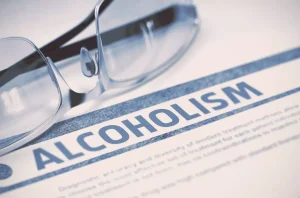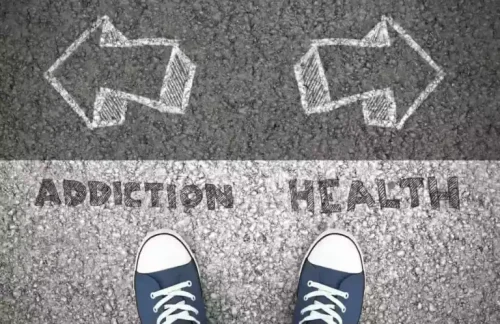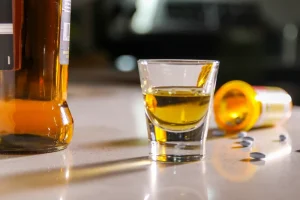
The best thing you can do for a recovering addict that has relapsed is suppress your own feelings of frustration and resentment. Remain supportive, yet firm, from the moment you find out so that you can get their recovery back on track without any further upheaval. Let’s pick apart this powerful phenomenon and find out how to help the recovering alcoholic who has suffered a relapse. By Buddy TBuddy T is a writer and founding member of the Online Al-Anon Outreach Committee with decades of experience writing about alcoholism.
Alcohol Relapse Warning Signs, Prevention, and Treatment

It involves setting limits on the amount and frequency of alcohol intake, often to maintain these limits within socially acceptable or personally safe boundaries. For some, this approach represents a more flexible and potentially realistic goal, especially for those not fully committed to lifelong abstinence. Alcohol is not good for the body, but it can have a severe impact when an individual with AUD starts drinking again. When alcohol enters the body, the brain, heart, liver, and pancreas can all be affected. Alcohol “interferes with the brain’s communication pathways, and can affect the way the brain looks and works.
Factors Influencing the Feasibility of Controlled Drinking for Alcoholics
Our IOP and clinical services are specifically designed to help clients combat alcohol addiction and reintegrate into society while avoiding triggers that could lead to relapse. The idea is devastating, but it is not uncommon for an alcoholic in recovery to slip up and drink again. This situation is serious not only because it jeopardizes sobriety but also because being exposed to alcohol after a period of abstinence https://ecosoberhouse.com/ can have significant effects on the human system. Your liver metabolizes (breaks down) alcohol and converts it into acetaldehyde, a toxin and carcinogen. Your body eventually breaks acetaldehyde into acetate, but it can damage the liver before this occurs. Every time you drink, acetaldehyde binds to fat cells and proteins in the liver, triggering an inflammatory response that damages and kills liver cells.
Getting Through Detox
Developing a structured routine can help a person stick to their sobriety goals, make healthy decisions, and reduce the likelihood of triggers and relapse. Establishing a routine with regular sleep and support group attendance can reduce stress and help you stay sober. One study found that 68% of people treated in a detox unit experienced moderate alcohol withdrawal symptoms. You can expect certain alcohol withdrawal symptoms such as sleep disruption to occur, though some people can experience seizures and other severe symptoms.


Trends like this indicate that the parent might be in trouble and that it may be necessary to step in and ensure everything is okay. Preventing relapse and sustaining recovery demand continuous effort, support, and self-awareness. Strategies that include engaging with support networks, making lifestyle adjustments, managing stress, and drinking again after sobriety seeking professional recovery help are essential components of a successful recovery plan. The journey is marked by victories and setbacks alike, each offering valuable lessons and growth opportunities. In summary, the concept of controlled drinking in the context of alcoholism is fraught with complexities and divergent opinions.
- Whether it is single use or a boozy bender, there is the risk of alcohol interfering with the body’s normal functioning.
- To learn more about how to succeed in early recovery, download The Sobriety E-book from DrugRehab.com.
- Symptoms of dry drunk syndrome should be addressed immediately because they put a person’s sobriety at risk.
Gather Support (For You, Too)
- It’s a reminder of the importance of staying committed to your recovery journey.
- It not only involves the body and our behavior, but also our emotions and our thoughts.
- When recovering alcoholic starts drinking again, they may struggle to limit themselves to just a few drinks, putting their continuous sobriety and well-being at risk.
- In addition, they cost money and will be ineffective unless taken as prescribed.
- What type of treatment you need depends on several factors, including the severity of your addiction.
Measuring Alcohol Consumption: Blood Alcohol Concentration
